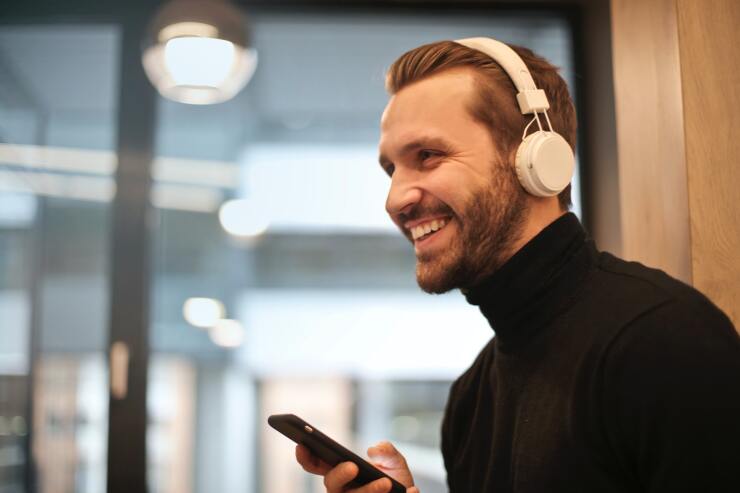All eyes are on employers for an updated approach to mental wellness in the workplace. Plagued with personal and professional challenges that are affecting job performance and well-being, employees need access not only to mental healthcare benefits for a crisis, but the skills that can help them avoid one altogether.
"You could argue in some ways that COVID de-skilled us," says Dr. Ryan Todd, CEO of mental health preventative assistance platform Headversity. "We got isolated and lost some of the conflict management and stress management that we had been working on for so many years in the workplace, and have not had the ability to train [these skills in] younger employees."
Read more:
Though employers often offer
"We have evidence to show that resilience training on mental fitness, mindfulness, and energy management can improve long-term mental health outcomes if you do it in the right way," says Todd. "We're all going to face some kind of adversity in our life, and we can improve mental health if we have access to those skills."
Read more:
Headversity's platform centers around mental health microtraining, using self-directed, gamified programs, including various skills games and interactive quizzes. Employees can also engage in five-minute micro-lessons and daily practice tools that offer guidance and track progress in categories such as focus, calming, mindfulness, thinking and optimism.
Headvisity's platform can be accessed individually, as well as through programs that are designed to be used by
With clients like Shell and the Detroit Pistons, the wide range of mental strengthening skills available through the platform are applicable to any professional organization. Because the platform is customizable, leadership has the ability to build tailored campaigns and engage with their workforce through the application, which is what one of their clients, a bank with 5,000 employees, did when they introduced Headversity as a benefit.
"They brought on Headversity, and their CEO put on an intro video," Todd says. "As soon as you open the application, you see the CEO and he says, 'We're bringing Headversity because we care. We want to change the conversation around mental health from purely an illness one. We all have mental health, we should be taking the time to improve these skills, and we are going to take the time to do this.'"
Read more:
Headversity tracked the bank's progress over two quarters and found a 50% reduction in absenteeism, as well as feedback that employees found it easier to speak with their managers more often when they were having a difficult time. Instead of employees being advised to take time off, managers and leaders were now equipped with tools to help individuals work through those mental health issues, Todd says.
Members can also access their employee assistance programs or mental health teletherapy offerings through the Headveristy app should they need a higher level of care. A workforce well-equipped to handle adversity helps future-proof an organization, and can help turn mental health days into mental health conversations.
"Like any good sports team, you don't just want to train the top athletes and those who are struggling," Todd says. "Everyone goes to practice and learns those skills to improve the whole team. That's why it's crucial to make it very accessible and easy and in the flow of work. Without those principles, you're just training the edges of the bell curve. If you train the whole bell curve, you can really see a shift."






